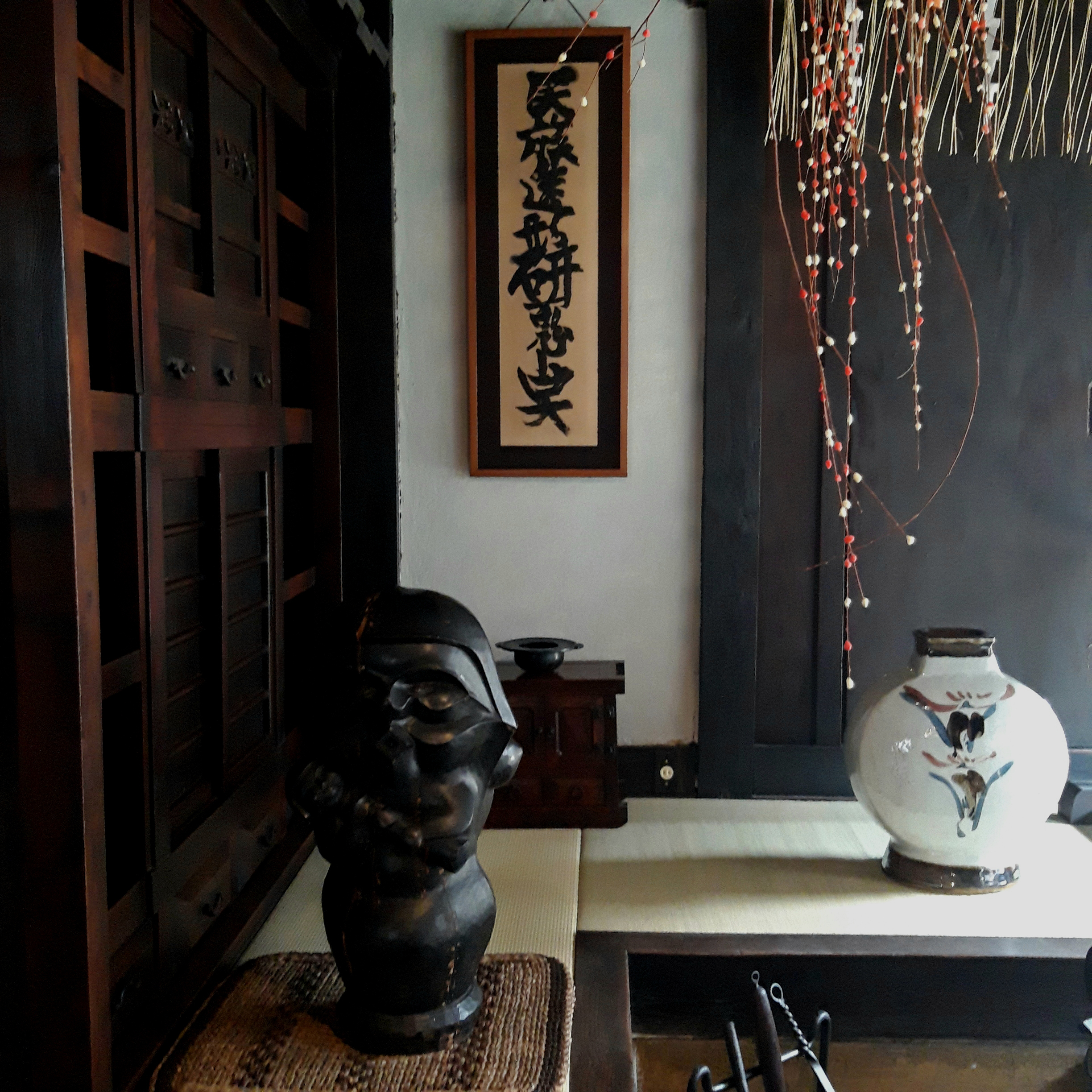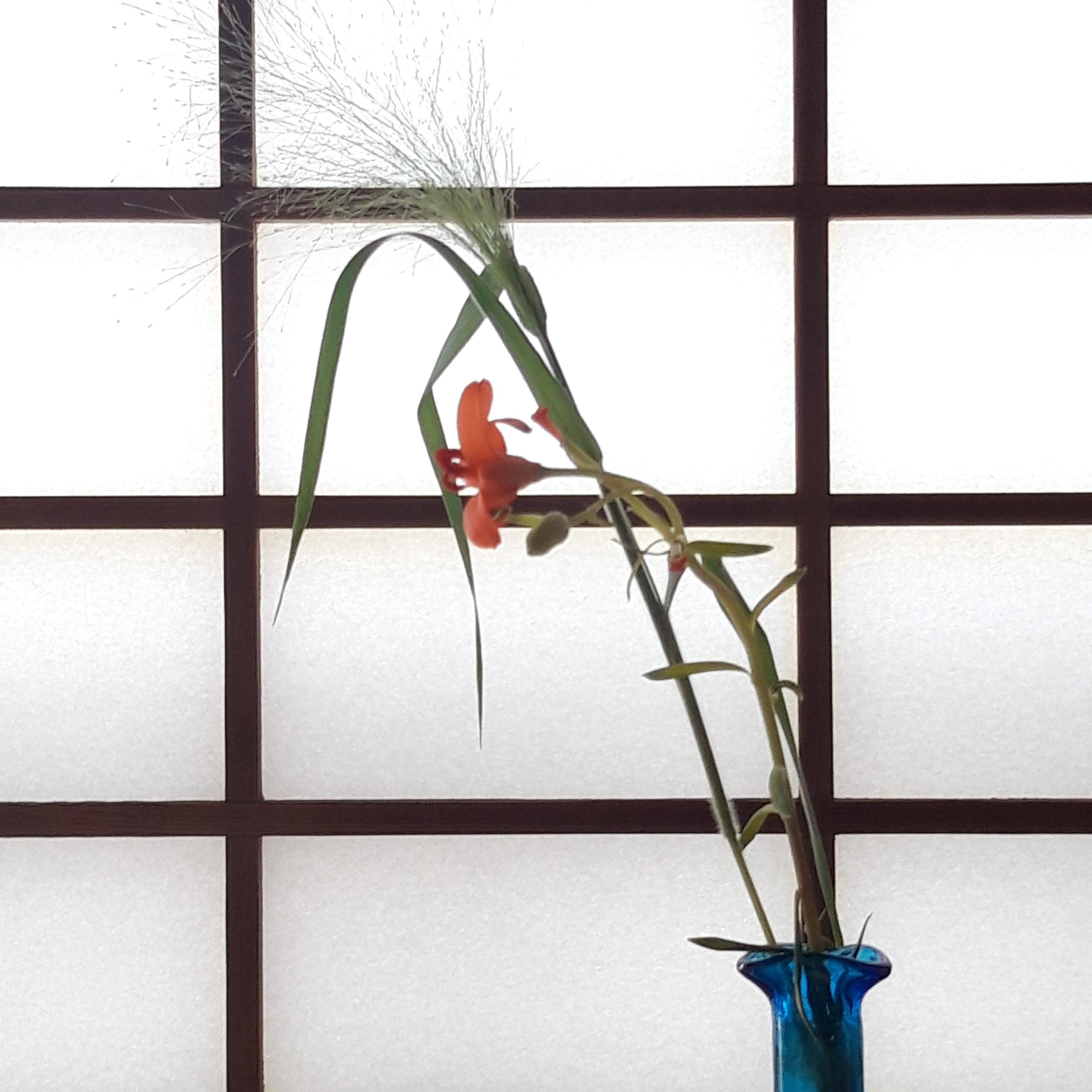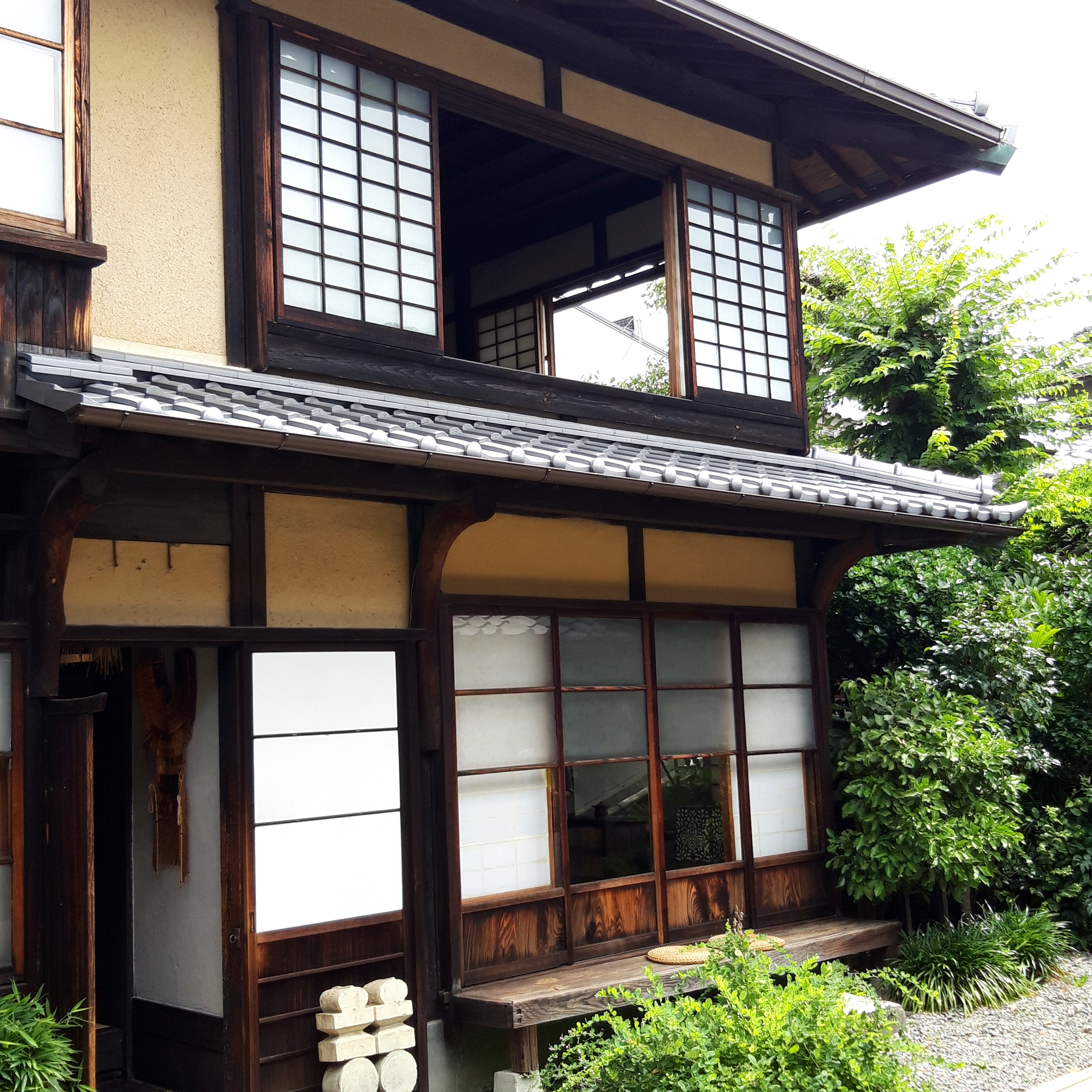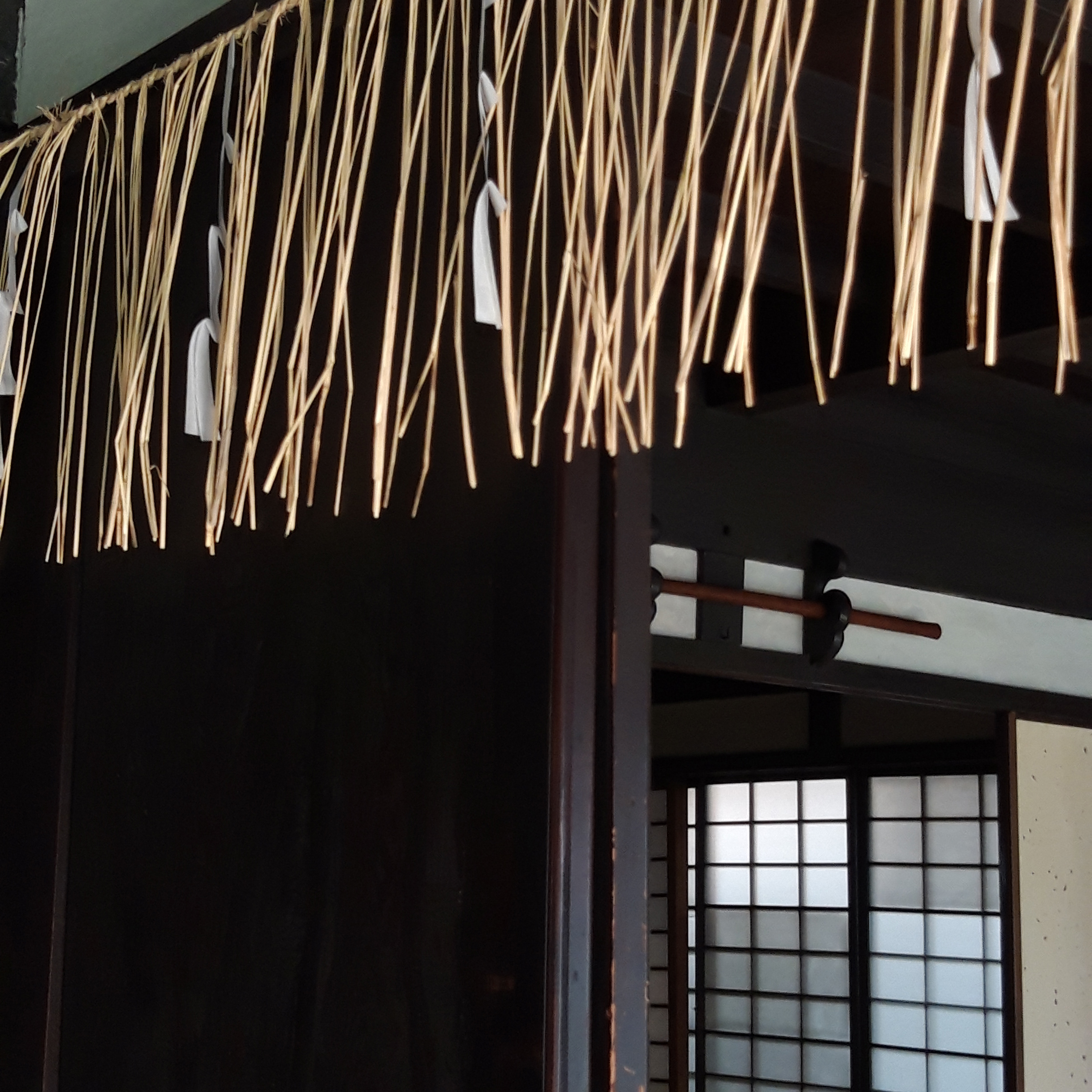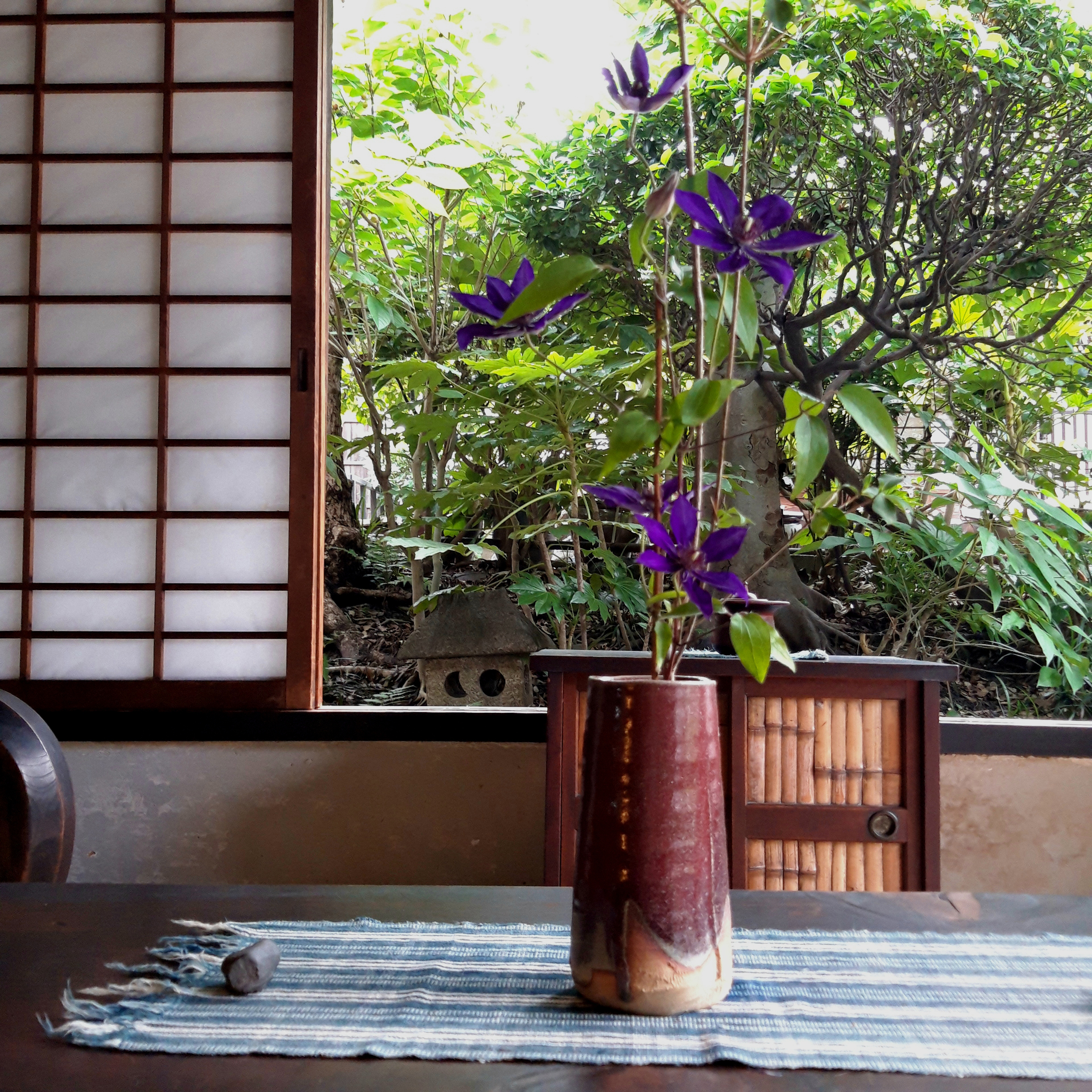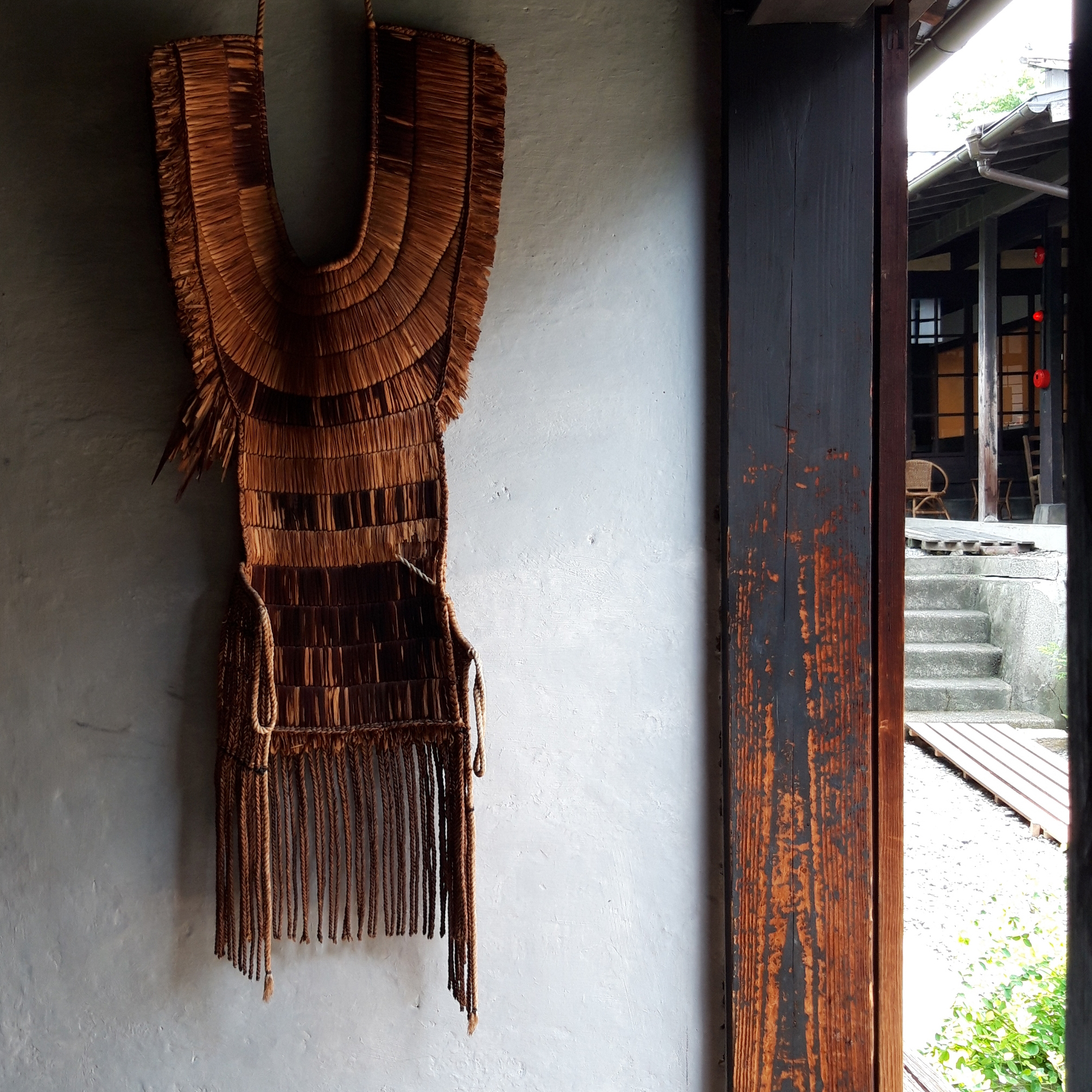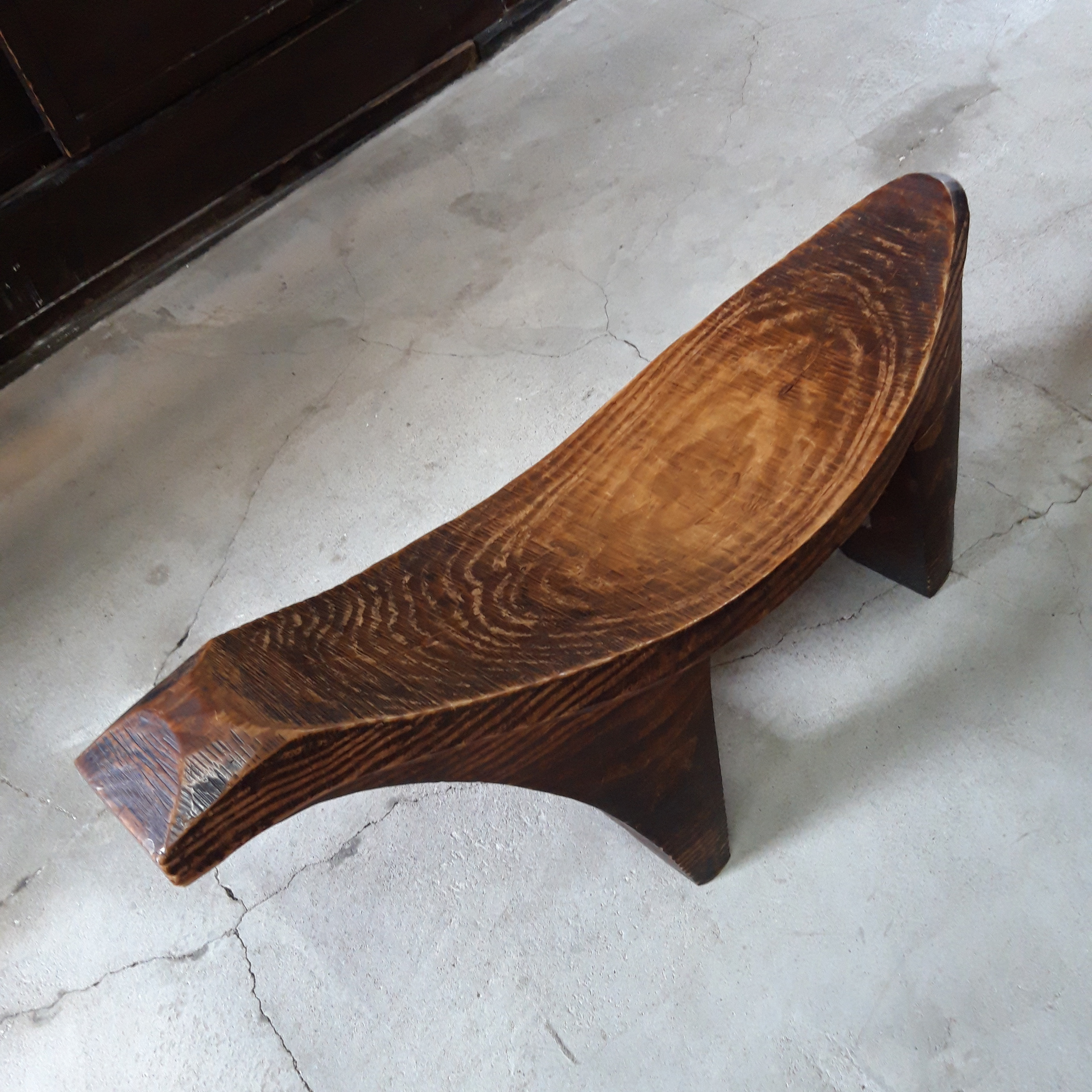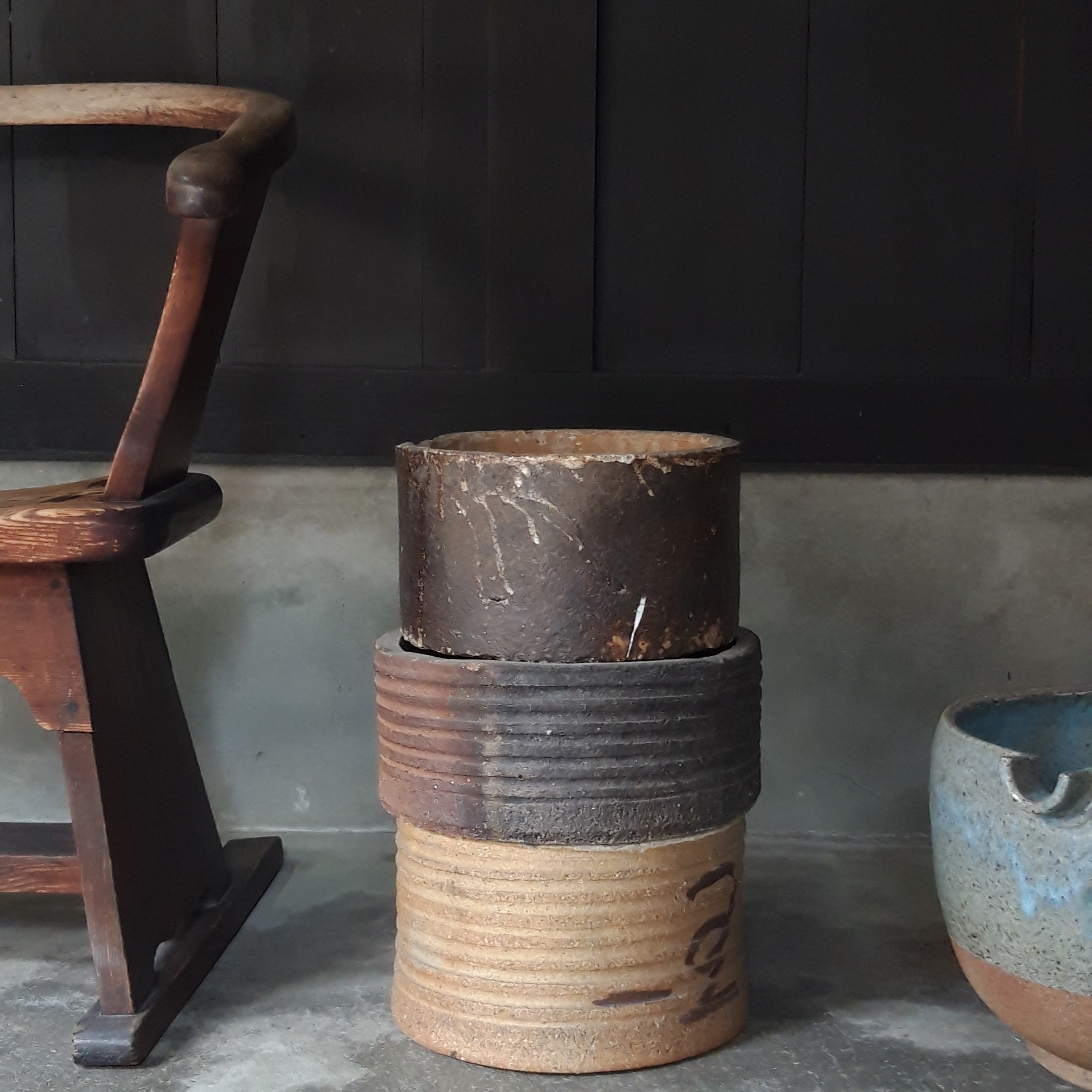We Do Not Work Alone
On my last day in Japan, I spent a most wonderful morning in the home and studio of celebrated Kyoto ceramicist Kanjiro Kawai (1890 - 1966).
Kanjiro was a hugely influential figure in Twentieth Century ceramics, and was central to the Mingei (Japanese Folk Art) and the Studio Pottery movements. He was a close friend and correspondent of Bernard Leech and the two shared a philosophical affinity.
Kanjiro’s writings are poetical and profound - I found a wonderful slim collection compiled by Yoshiko Uchida in the 1950’s which gives a glimpse into his thinking and approach.
This is a line of his poetry which struck a particular chord with me:
What is beauty,
But joy found
In all life.
Although a ceramicist himself, Kanjiro came from a family of architect-builders and his house was constructed in the 1930’s by Kanjiro together with his brother and his father. It is built around a courtyard, with the house on one side and the studio and enormous ‘climbing’ kiln on the other. It has many of the features of traditional Japanese homes - sliding paper screens and tatami mats, comfortably mixed with western furniture - much made by Kanjiro himself.
The house is full of treasures - folk and vernacular pieces mixed alongside Kanjiro’s own work. I really loved all the objects, baskets, textiles and sculptures. It feels well-cared-for, with the garden well-tended and fresh flowers throughout.
Although totally different in architectural style and tradition, to me there was something about it which reminded me very much of Kettle’s Yard, or the Goldfinger house at Willow Road. Those wonderful homes which hold in them the sense of a rich creative life, well-lived and fulfilled.
I found it a truly magical place.

